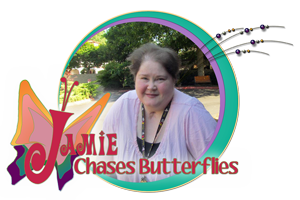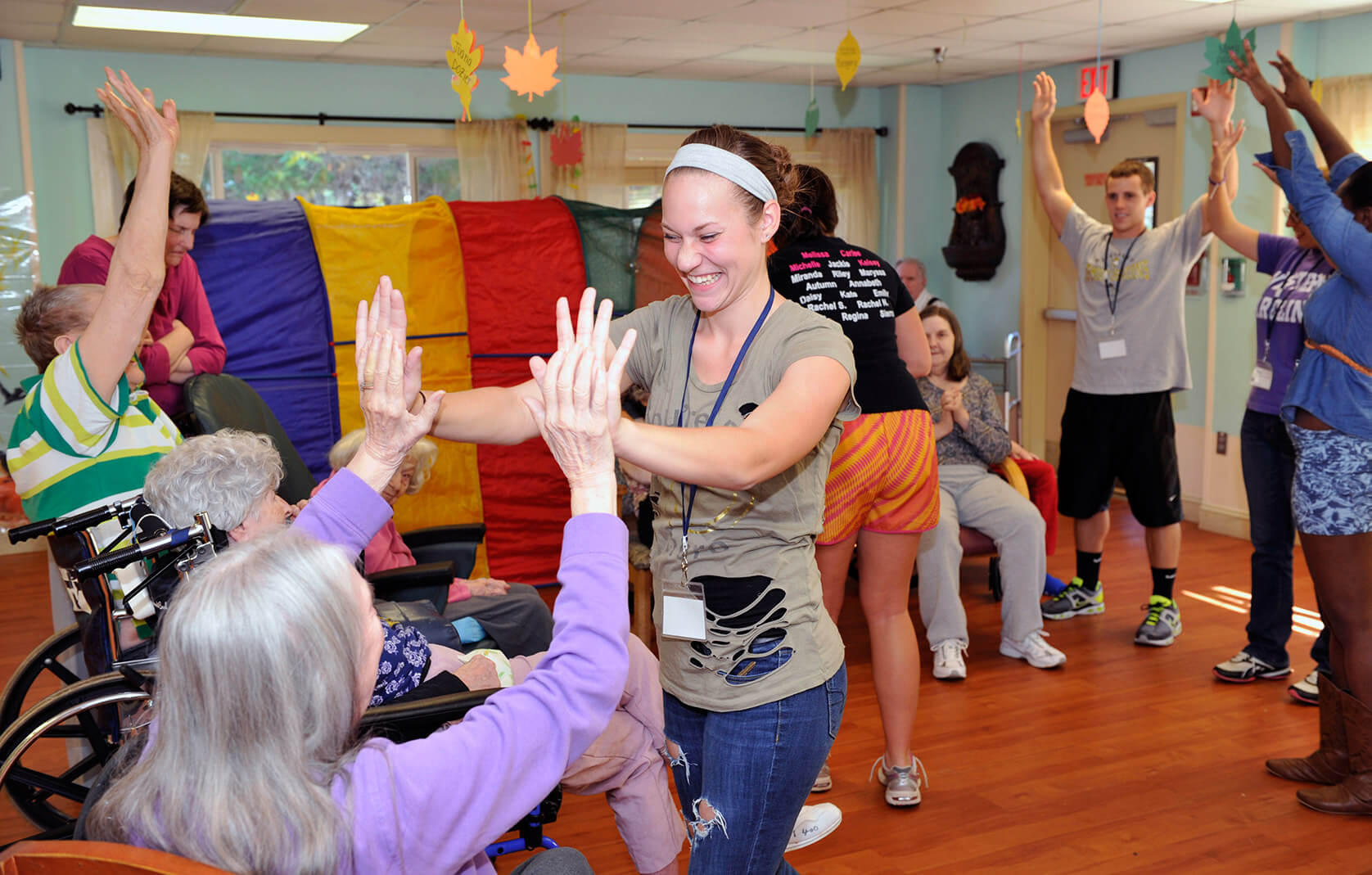I am disabled. Being disabled makes every day activities and exercise or like I call it, movement, a challenge. Because I have challenges I have to be creative in how I choose to move my body. There are 48.9 million Americans in the United States. 24.1 million have a severe disability. 34.2 million have a functional limitation.
Recreational therapy, also referred to as Therapeutic Recreation, is a set of outcome-based treatment services designed to restore, remediate, and rehabilitate a person’s ability to function and become independent in life activities. These activities promote health and wellness.
There are a lot of great therapies that will help those who are disabled no matter if they are severely disabled or just functionally disabled. Recreational therapy encampuses a lot of different types of therapies that help challenged people be even more awesome.
The term severe disabilities refers to a deficit in one or more areas of functioning that significantly limits an individual’s performance of major life activities. The label of severe disabilities can include challenges in one or more of the following areas: Cognition. Communication. Mobility/Gross Motor Skills.
Functional disability is a long term limitation resulting from an injury, condition or illness.
There are many therapies under recreational therapy umbrella:
- Behavior modifications
- Cognitive Therapy
- Loss counseling
- Guided imagery
- Play and therapy skills
- Re-motivation
- Reality orientation
- Sensory stimulation
- Stress management
- Coping skills
- Feelings and triggers
- Relapse prevention
- Values clarification
- Biofeedback relaxation techniques
- Socialization
- Family and friends interventions
- Social skills training
- Community interactions
- Wellness training
- Expressive art
- Adaptive sports
Because there are a lot of therapies on the list and I don’t want to write a book, I’m going to focus on three therapies and the benefits recreational therapy is in these areas.
Physical Health and Wellness: This is where movement and good nutrition come to play in your therapy. You and your therapist/trainer will work together to come up with a plan of action.
Positive Outcomes of Recreational Therapy to improve Physical Health and Wellness include:
- Increased mobility
- Reduced depression
- Build confidence
- Improved strength
- Increased endurance
- Restored function in some cases
- Tension reduction
- Restful sleep
- Higher energy levels
Emotional Health: The Recreational Therapy goals to improve Emotional Health focuses on cognitive therapy, loss counseling and tools to help with depression, anxiety, and stress in order to:
- Increase emotional regulation
- Feelings of autonomy
- A sense of meaning
- Improved self determination
- Increased optimism
Cognitive Health: These types of Recreational Therapies are for those who have had a stroke, or dementia, or any area that affects the brain in order to:
- Improve memory
- Better concentration
- Develop goal setting skills
- Ability to follow directions
- Enhance problem solving
Wellness isn’t just for those who are already healthy and strong. It is also for those of us who have a disability and don’t want to deteriorate even further. It is hard to admit that we need help sometimes, but some parts of healing are painful, chaotic and ugly.
Karen Clemenson would be happy to help anyone who is on this journey and is disabled or not. She works with all kinds of people in all kinds of shape. She is willing to work with a recreational therapist to keep the client on the goal of wellness. Check her out if you would like her to be your cheerleader.
Here are some links I would like to share with you:
- 5 Ways Recreational Therapy Can Improve Your Life by Meagan Young at Grow Through Flow
- 6 Health Facts about Recreational Therapy by Jeff Hayward for Active Beat
- About Recreational Therapy by The American Therapeutic Recreation Association (ATRA) Staff
- About Recreational Therapy by National Council for Therapeutic Recreation Certification
- Basic Facts: People with Disabilities by National Service Inclusion Project Staff
- Recreational Therapy by Commission of Accreditation of Allied Health Education Programs Staff
- Recreational Therapy by Patricia Neal Rehabilitation Center Staff
- Recreational Therapy by Cerebral Palsy Staff
- What is Recreational Therapy by Amy Yarnell, Recreation Therapist(M. Ed., CTRS) at Zepf Center
- Related Articles
 Jamie Holloway lives in the Portland, Oregon area. Since October 2011 she has been sharing her Journey Toward Health and Wellness with Vasculitis through her blog at JamieChasesButterflies.com. As most of her articles will be about Men’s Health, Jamie intends to write her articles as though she was sharing important information with her brother, nephews and friends. We hope you are as inspired as we are with the raw candor Jamie uses in her writing. If you would like to help support Jamie’s writing efforts please Donate now.
Jamie Holloway lives in the Portland, Oregon area. Since October 2011 she has been sharing her Journey Toward Health and Wellness with Vasculitis through her blog at JamieChasesButterflies.com. As most of her articles will be about Men’s Health, Jamie intends to write her articles as though she was sharing important information with her brother, nephews and friends. We hope you are as inspired as we are with the raw candor Jamie uses in her writing. If you would like to help support Jamie’s writing efforts please Donate now.













